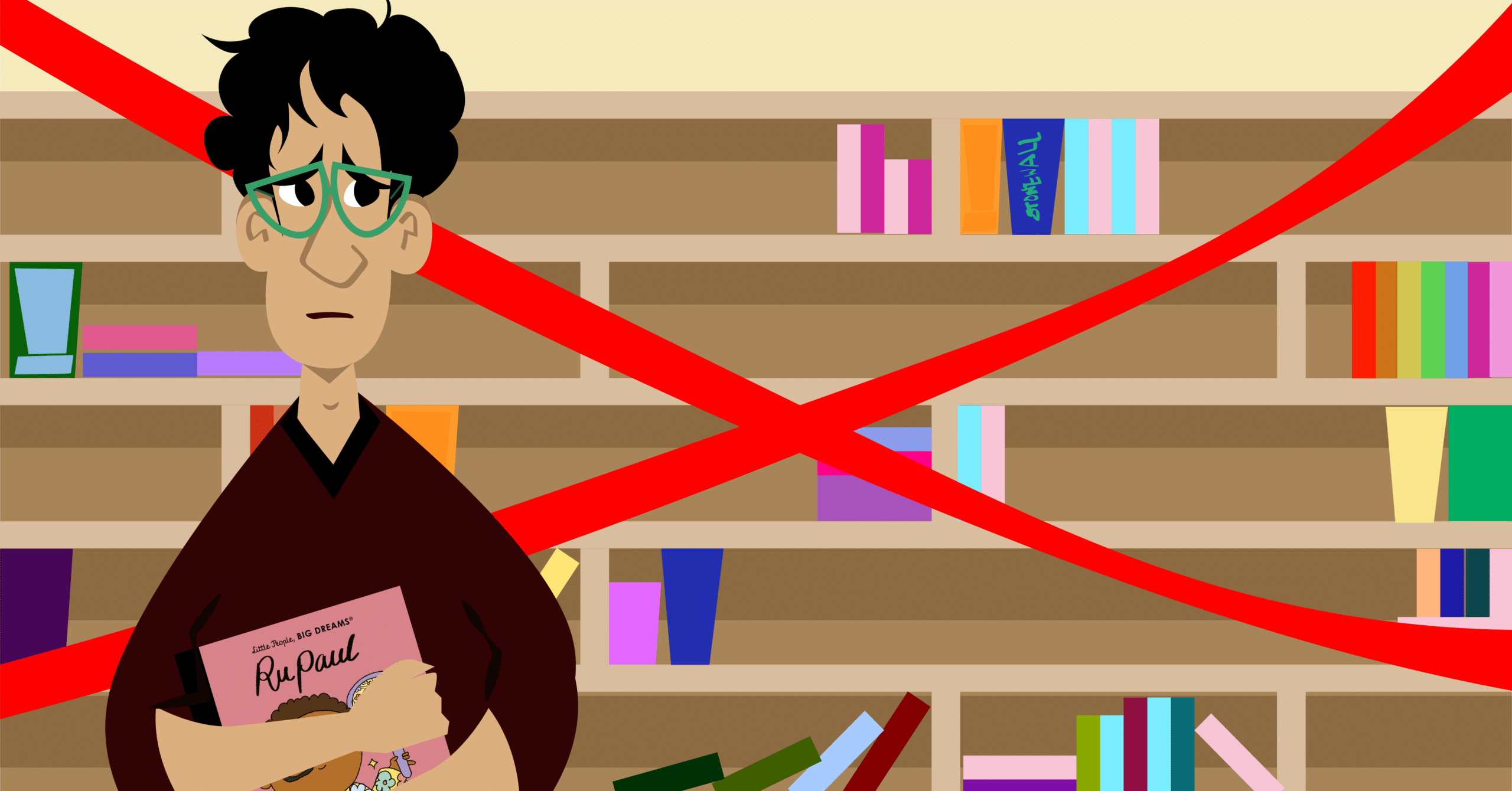The subtle silencing of LGBTQ2S+ literature in school libraries
Censorship of LGBTQ2s+ themes has sparked serious discourse on the profound implications on inclusivity, diversity, and the fundamental principles of education.
The recent decision by the Waterloo Catholic District School Board to restrict library access to books with LGBTQ2S+ themes is a worrying development that echoes a larger, disturbing trajectory in North America. As part of what appears to be a growing trend of censorship in educational settings, this move is far more than just a matter of re-cataloging books. It goes against the heart of what education is meant to be: exposing students to a wide variety of perspectives and ideas.
The board claims that their decision is in line with their curriculum, which is why books like Salma Writes a Book and Jude Saves the World were moved to the “professional (PRO) section.” But as a report by the Toronto Star pointed out, this move effectively reduces student access to these significant works by acting more like a “shadow ban.” Although it’s not a complete ban, this type of censorship creates barriers that may hinder students—particularly those from underrepresented communities—from having access to these important books.
Continued restrictions on LGBTQ2S+ literature in schools could have profound implications for LGBTQ2S+ youth. The subtle message that their stories are “other” or inappropriate not only alienates them but also denies their peers the opportunity to understand and empathize with their experiences. This could exacerbate feelings of isolation and stigma among LGBTQ2S+ youth, who already navigate complex challenges. According to Danny Ramadan, author of Salma Writes a Book, this not only breaks the hearts of the creators of these works but also potentially deprives children of stories that could be crucial for their understanding of themselves and the world.
What’s taking place in Waterloo isn’t an isolated incident. It’s part of a larger trend in North America, where media restrictions, particularly those aimed at LGBTQ2S+ themes, are on the rise. This censorship masquerades as a mode of protection while in reality, violates the principles of intellectual freedom and open inquiry that are fundamental to education.
Given these challenges, it’s crucial to advocate for a learning environment that embraces and celebrates diversity. Schools should be places where students can learn about a variety of topics, including LGBTQ2S+ experiences. Censorship of these books not only limits students’ understanding of the world, but it also sends a negative message to those who identify as LGBTQ2S+.
The decision to ban books with LGBTQ2S+ themes from schools is concerning and should serve as a wake-up call for anyone who values the power of education to influence the world. We must speak up in favour of inclusive curricula and libraries that represent the wide range of identities and experiences of individuals. The world we leave for future generations will depend on the work we do today. It’s not just about a few books in a library—it’s about the legacy we’re leaving behind, one that needs to be grounded in inclusion, empathy, and understanding.

